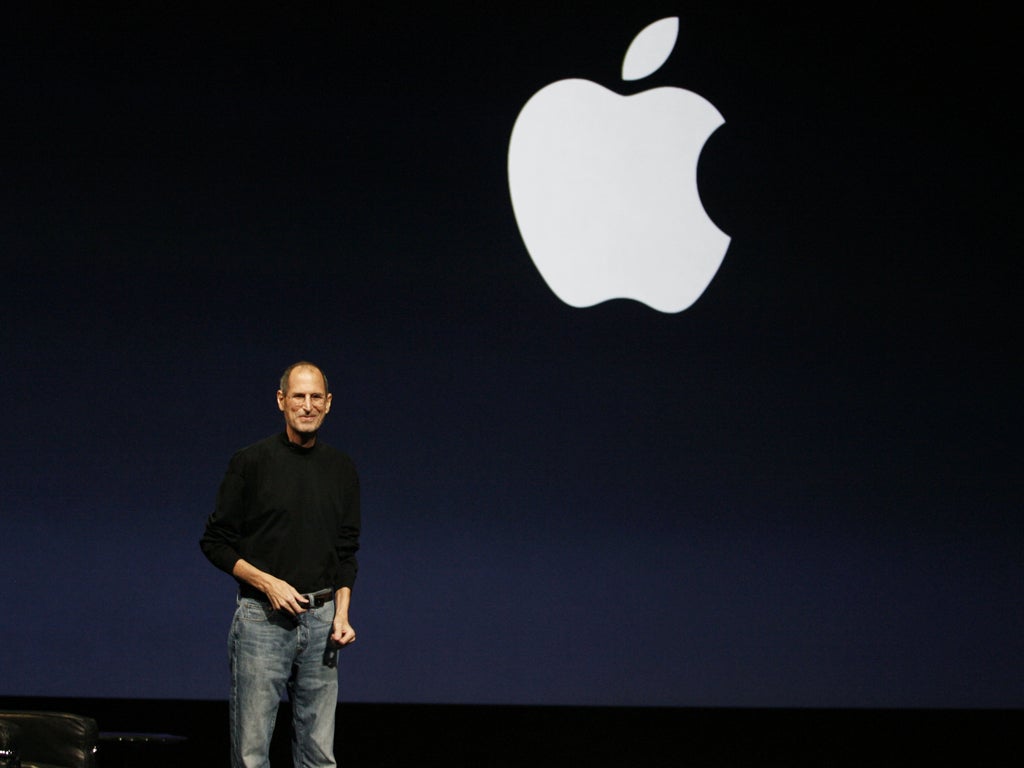The Ascent of Media: From Gilgamesh to Google via Gutenberg, By Roger Parry
I happen to have Mr McLuhan right here...

Your support helps us to tell the story
From reproductive rights to climate change to Big Tech, The Independent is on the ground when the story is developing. Whether it's investigating the financials of Elon Musk's pro-Trump PAC or producing our latest documentary, 'The A Word', which shines a light on the American women fighting for reproductive rights, we know how important it is to parse out the facts from the messaging.
At such a critical moment in US history, we need reporters on the ground. Your donation allows us to keep sending journalists to speak to both sides of the story.
The Independent is trusted by Americans across the entire political spectrum. And unlike many other quality news outlets, we choose not to lock Americans out of our reporting and analysis with paywalls. We believe quality journalism should be available to everyone, paid for by those who can afford it.
Your support makes all the difference.Media have taken a long and noisy journey from the carving of the story of Gilgamesh in cunei-form on tablets 4,000 years ago to a moment now when you are reading this review about a book or ebook, either in a newspaper or online.
Roger Parry's The Ascent of Media attempts to tell the story of that journey, from early writing, through theatre and Hollywood, the Gutenberg press, posters and telephony to videogames and the internet.
No book on the media is complete without a reference to the communication theorist Marshall McLuhan. Parry obliges with McLuhan's lightbulb analogy. An electric light is used either for close-up brain surgery or to light up a baseball pitch: the light is the medium; what is performed in the light is the content. It's the perfect description, but taken in the 21st century, that light is no longer a single beam. It is absolute, fluorescent, saturating every corner, casting no shadow. We do not seek out media in the way that, 400 years ago, we may have bought a pamphlet or gone to the theatre. They are with us before our first cup of coffee in the morning.
"The media" is now a vast topic and Parry struggles to get to grips with it. The Ascent of Media reads like an informational book, picking up nuggets of history. The growth of the sheet-music industry or the development of map production provide interesting diversions with little side panels for explanation. And Parry opens his book with a series of amusingly short-sighted quotations. "The radio craze will die out in time," said Thomas Edison, who invented the phonograph, while Apple's Steve Jobs predicted that Amazon's Kindle would flunk because "people don't read any more".
While The Ascent of Media picks up on some of the tensions created by each leap forward in media technology, it does not see a bigger picture. The author, a media executive who has worked for the BBC, in commercial radio, and in the advertising industry, should have been ideally placed to write a book on the modern scene. But his text is often characterised by slack-jawed awe rather than hard analysis.
Where is the exploration of the economic, social and political implications of the new media age? There are historical references to, say, how early Hollywood was financed, but Parry doesn't get close to the scale of money that now churns through the industry, and that gives companies such as News International and Google their extraordinary reach and power. Parry calls for a new, digital-age version of the Statute of Anne, the original UK copyright legislation from 1708, but does not say what it should contain.
He also considers whether, with such an abundance of available material, we allow media companies such as Apple to "choose our media diet". It's a dark thought, also raised in Eli Pariser's recent book The Filter Bubble, which describes how Google alters its search results based upon its individual profiles of the user. Again, Parry doesn't take a line.
With its rather piecemeal approach and attempt to cover every subject, Parry's book doesn't find a flow to the journey it takes us on, nor flesh out its conflicts. It works as a guidebook, but does not offer much challenge to the status quo. To return to McLuhan, it may be about the media, but there isn't much message.
Join our commenting forum
Join thought-provoking conversations, follow other Independent readers and see their replies
Comments